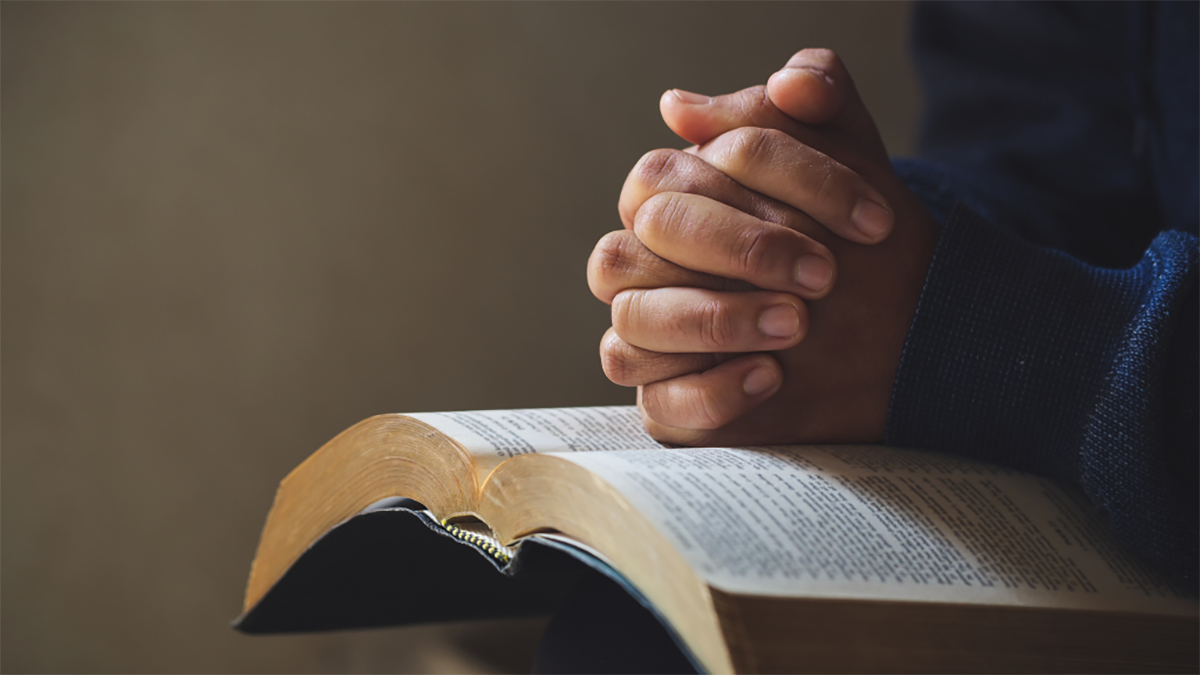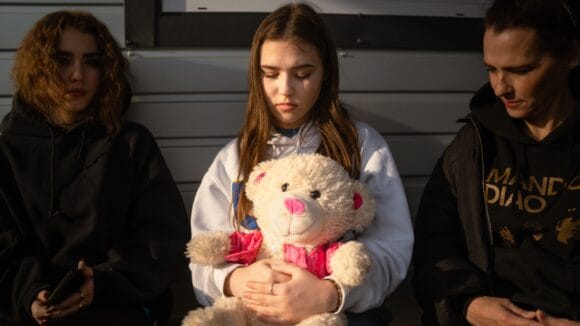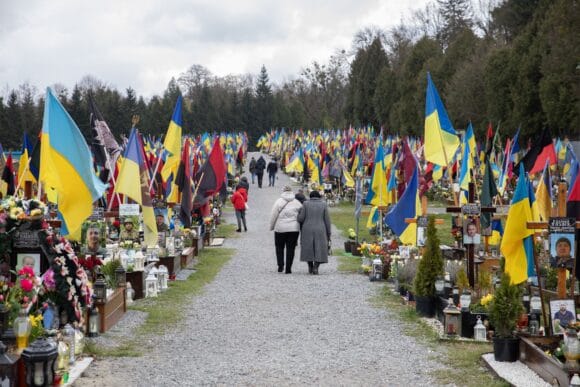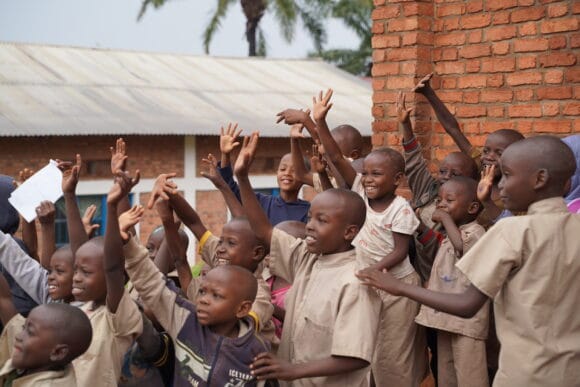A new Bible school has been launched to serve evangelical Roma churches in Slovenia, Croatia, Serbia, and North Macedonia. The school aims to provide training that takes into account Roma culture and identity.
Among the Roma, churches tend to be larger and grow faster compared to those of other ethnic groups in the region. However, the Roma’s marginalised position in society continues to affect church life as well.
A long-held dream came true in March this year, when a Bible school tailored especially for the Roma began its work. The school serves evangelical Roma churches in four Balkan countries.
It was launched by the International Roma Networks, in which Fida’s Roma ministry coordinator, Janne Harjukoski, is also involved. The school’s concept and teacher training were designed by Fida’s Bible and mission training specialist, Ulf Strohbehn. Teaching takes place in evangelical Roma churches in Slovenia, Croatia, Serbia, and North Macedonia.
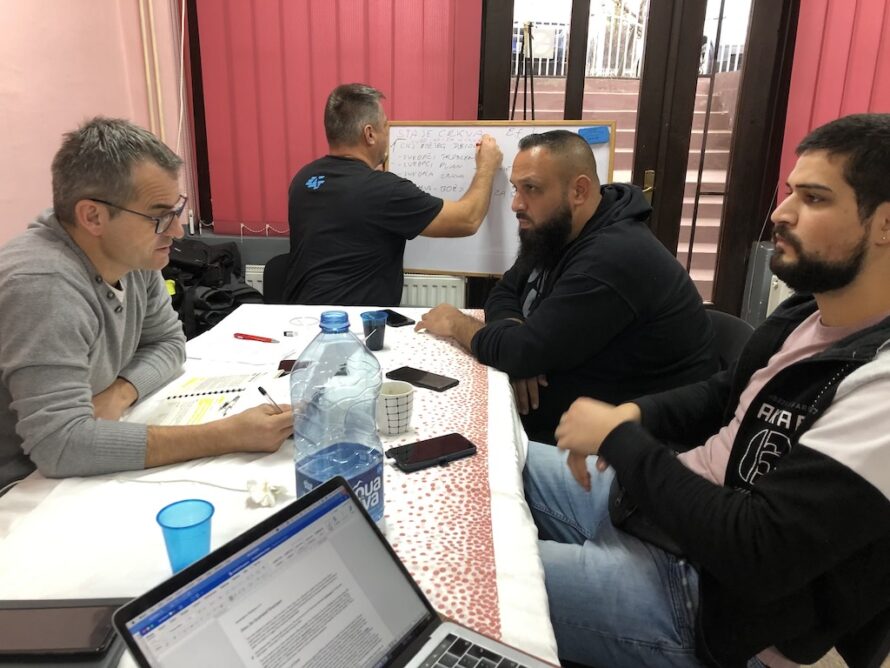

Great need for bible training
The gospel has spread widely among the Roma in the Balkans, and in recent years the development of evangelical churches can even be described as a revival. Roma churches are generally larger and grow more quickly than those of other population groups in the area. Yet the Roma’s social status continues to shape church life.
In Eastern European societies, the Roma are disadvantaged. They are often left on the margins of communities and live in isolation. They lack equal access to employment, healthcare, and education. Sadly, they are not always welcomed in every church. Nor has it been easy for them to attend mainstream Bible schools.
– There was clearly a need for a Bible school specifically for the Roma. Similar schools are already operating in countries like Spain and France, explains Ulf Strohbehn.
Teaching affirms ethnic identity
Ajhan, a student in the Bible school’s first class, comes from North Macedonia. Like many other Roma in the region, he supports his family of five by taking occasional odd jobs. His passion, however, is the church in his hometown of Bitola, where he has served for years as the pastor’s assistant. Ajhan dreams of growing into leadership and one day planting a church of his own.
The need for church planters and leaders in North Macedonia is very real: 99% of Roma in the area are Muslims. Ajhan is grateful for the opportunity to study in the new Bible school. Its flexible programme, with weekend seminars, makes participation possible.
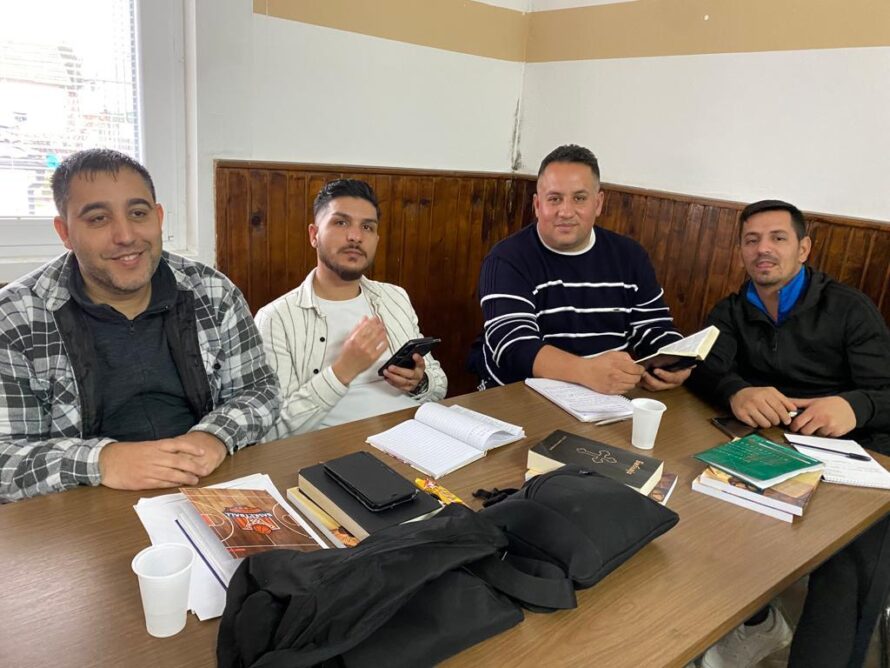

According to Ulf Strohbehn, the school’s curriculum intentionally takes Roma culture and ethnic identity into account. Lessons cover the history of Christianity among the Roma, identity in Christ, and biblical perspectives on migration and reconciliation, among other topics. Issues important to Roma communities are emphasised, and music – so central to Roma culture – also plays a significant role in the classroom.
Students travel once a month to seminars in local churches across the four participating countries. This rotating model has proved very meaningful for them.
– This first year of teaching has been full of adjustment and excitement. The flexible system between the countries seems to be working well, Strohbehn says.
– We don’t want to import a Western academic model, but to develop something that truly trains Roma leaders for this region, he adds.
Bible school strengthens the women
Interest in the school has been high. The first class includes 22 students from five different countries, among them three Roma women and two non-Roma men.
The participation of women is especially remarkable, since women’s education remains rare in Roma communities. The school is therefore groundbreaking, as it also raises up women into leadership.
– The strong involvement of women students is significant in the context of Eastern European Roma culture, where women’s lack of education is still common. I believe these women will become role models for many other Roma women, says Janne Harjukoski.
If the current development continues, the school could train hundreds of men and women for gospel work in the Balkans. According to Strohbehn, the school has the potential to become a powerhouse for mission and church planting in southeastern Europe.
– Founding a Bible school of our own and completing a degree is a major achievement for the Roma in Eastern Europe – not to mention the spiritual significance of this milestone, Strohbehn shares with joy.
Janne Harjukoski also believes that the Bible school will strengthen the position of Roma Christians in their own communities.
– The impact of the Bible school will be great in the long run. Many students will gain new skills and become strong role models with a sound knowledge of the Bible. That will also help them strengthen their own communities, Harjukoski concludes.
